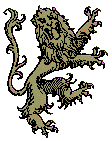
HOME | home
Maxwell Family Page 2 | Maxwell 3 | Maxwell Album | Caerlaverock Castle | Traquair House | My Holidays in Scotland | Beths 2007 Travel Planner for Scotland
Maxwell Family Page 2
William R. MAXWELL 1836-1901
Elizabeth wife of William R. MAXWELL 1840-1899
William Maxwell was born in June of 1836 in Glasgow, Scotland
He married in 1858 in Glasgow. He was a coal miner as was his father.
His parents were Archibald Maxwell and Christian Rae.
Archibald MAXWELL, son of William Maxwell and Elizabeth Jack, was born on 13 September 1859 in Huchesontown, Glasgow, Lanark. He too was a Miner. He lived out his life , raised a family, and passed away in western Pennsylvania
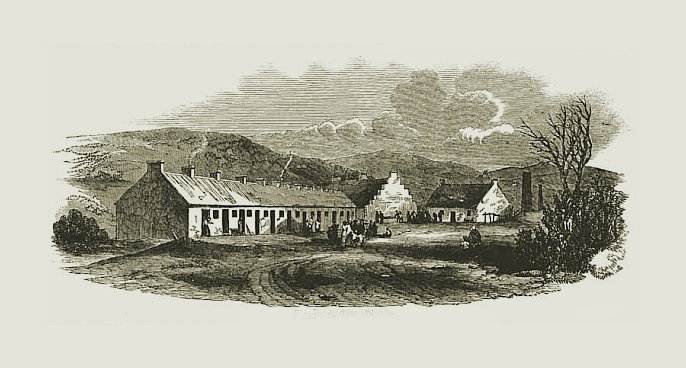 This video is in honor of all the Maxwells who mined coal in Lanarkshire and Glasgow.
My Collier Laddie
by Robert Burns
1792
Tune--"_The Collier Laddie._"
[The Collier Laddie was communicated by Burns, and in his handwriting,
to the Museum: it is chiefly his own composition, though coloured by
an older strain.]
I.
Where live ye, my bonnie lass?
An' tell me what they ca' ye;
My name, she says, is Mistress Jean,
And I follow the Collier Laddie.
My name she says, is Mistress Jean,
And I follow the Collier Laddie.
II.
See you not yon hills and dales,
The sun shines on sae brawlie!
They a' are mine, and they shall be thine,
Gin ye'll leave your Collier Laddie.
They a' are mine, and they shall be thine,
Gin ye'll leave your Collier Laddie.
III.
Ye shall gang in gay attire,
Weel buskit up sae gaudy;
And ane to wait on every hand,
Gin ye'll leave your Collier Laddie.
And ane to wait on every hand,
Gin ye'll leave your Collier Laddie.
IV.
Tho' ye had a' the sun shines on,
And the earth conceals sae lowly;
I wad turn my back on you and it a',
And embrace my Collier Laddie.
I wad turn my back on you and it a',
And embrace my Collier Laddie.
V.
I can win my five pennies a day,
And spen't at night fu' brawlie;
And make my bed in the Collier's neuk,
And lie down wi' my Collier Laddie.
And make my bed in the Collier's neuk,
And lie down wi' my Collier Laddie.
VI.
Luve for luve is the bargain for me,
Tho' the wee cot-house should haud me;
And the world before me to win my bread,
And fair fa' my Collier Laddie.
And the world before me to win my bread,
And fair fa' my Collier Laddie.
 Coal mining began in Scotland as early as the 12th century. The development of the steam engine by James Watt in the 18th century began to increase demand for coal. Railway development in the 19th century increased demand for coal further and mines therefore had to be dug deeper. This song was written before deep pit mining or the Industrialization of Scotland. The graphics used in this video represent mining from Burns time to the early Twentieth Century. Many Coal miners from Scotland emigrated to the new world as did William Maxwell and settled in the coal and steel region of Western Pennsylvania.
William MAXWELL, son of Archibald MAXWELL and Christina Rae, was born in 1838, possibly in Govan, Glasgow. He appeared in the census on 30 March 1851 in Fireworks Carter Row, Fireworks, Govan, Glasgow. He was a Drawer in Coal mine in 1851. He married Elizabeth JACK on 16 July 1858 in Uries Row, Cathcart Road, Glasgow. He appeared in the census on 7 April 1861 in 177 Uries Row, Govan, Glasgow. He emigrated to Pennsylvania, USA sometime around 1861 to 1865. He died in Pennsylvania.
|
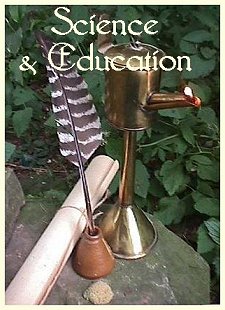   John Jay Maxwell
Jan 23rd, 1920-Sept 20th, 2005
Please send contributions to The John J. Maxwell Scholarship Award c/o
Northern Chautauqua Community Foundation
212 Lake Shore Drive West,
Dunkirk, NY 14048048
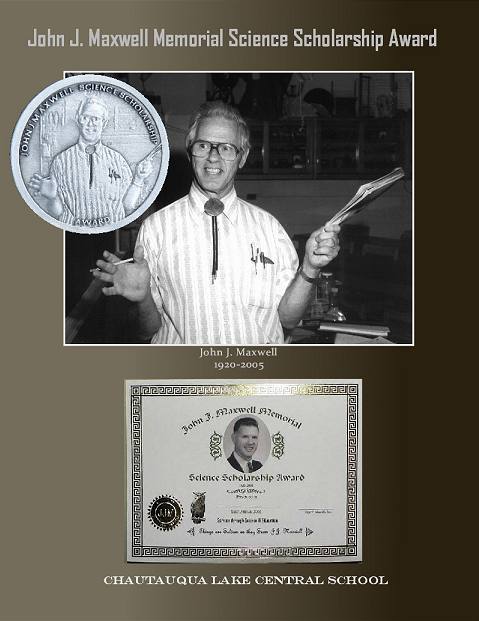 Criteria:
The award is to be presented to an individual student who demonstrates original thinking and a strong love for the study of science. Additional factors should be taken into consideration. The recipient should have character which demonstrates a well rounded individual: Musical or other artistic talent, participation in human or community services, sound athletic ability, or strong scholastic showing in another area(s) of study. In general the award should not be presented based solely on the highest science marks.
 |
The Handweaver and the Factory Maid
The song is traditional and performed here by Scotch Measure -Jim Barnes (guitar, cittern, vocals), Sylvia Barnes (vocals, dulcimer, guitar), Andy Lavery (keyboards, vocals)
(Scotch Measure: Scotch Measure (Topic 12TS426, 1985)
This is a folk song dealing with the difficult transition from hand weaving to power weaving in Scotland. The coming of steam looms was one of the first changes that marked the beginning of the Industrial Revolution and the many changes that came with it. The changes greatly altered the lives of the working classes, not always for the better. Mostly these power looms were used to weave cotton. This branch of the family are the descendants of Agnes Liddell Maxwell, daughter of Archibald Maxwell and Christina Rae who was born on 16 August 1822 in Gorbals, Glasgow.She was a Cotton Power Loom weaver. She died on 17 January 1868 in 86 King Street, Rutherglen. Many of the photos and paintings in this video are of Gorbals, Govan, Pollockshaws and other places my ancestors lived in the Glasgow area.
The late eighteenth and early nineteenth centuries saw a series of violent disturbances in Britain, as workers strived to defend their pay and conditions in the face of industrialization, and people of all classes campaigned for a more democratic society.
Textiles were a major industry in Scotland. in 1787 there were 19 cotton-mills within 25 miles from Glasgow, with cotton weaving being centred in Lanarkshire and Renfrewshire. A weavers' village had been founded in Calton in the east end of Glasgow in 1705, and by the late eighteenth century the area had become famous for its weavers' workshops.
Economic circumstances were against the weavers as new industrial processes threatened their traditional craft-based work practices, and the American War of Independence had reduced the supply of cotton from the plantations of the American South. These factors, together with the ever-present drive by their employers to reduce costs, led to a strike by Glaswegian weavers in 1787.
References:
http://www.origins.net/ScotsLife/weaving.html
http://www.netcomuk.co.uk/~media/kcurrie.html
http://en.wikipedia.org/wiki/Calton_weavers
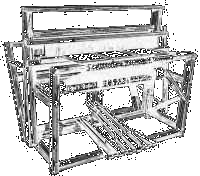 |
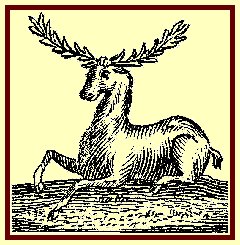
Links
.................................................................................................................................................................................................................................................................................................................................................................................................................................................................................................................................................................................................................................................

